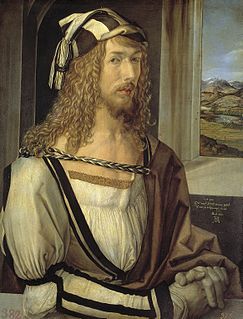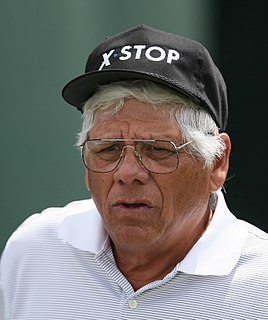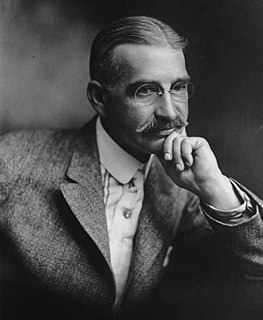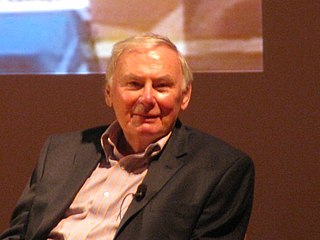A Quote by Havelock Ellis
Einstein is notmerely an artist in his moments of leisure and play, as a great statesman may play golf or a great soldier grow orchids. He retains the same attitude in the whole of his work. He traces science to its roots in emotion, which is exactly where art is also rooted.
Related Quotes
The master in the art of living makes little distinction between his work and his play, his labor and his leisure, his mind and his body, his information and his recreation, his love and his religion. He hardly knows which is which. He simply pursues his vision of excellence at whatever he does, leaving others to decide whether he is working or playing. To him he's always doing both.
I know now that he who hopes to be universal in his art must plant in his own soil. Great art is like a tree, which grows in a particular place and has a trunk, leaves, blossoms, boughs, fruit, and roots of its own. The more native art is, the more it belongs to the entire world, because taste is rooted in nature. When art is true, it is one with nature. This is the secret of primitive art and also of the art of the mastersMichelangelo, Czanne, Seurat, and Renoir. The secret of my best work is that it is Mexican.
An artist of understanding and experience can show more of his great power and art in small things roughly and rudely done, than many another in a great work. A man may often draw something with his pen on a half sheet of paper in one day . . . . and it shall be fuller of art and better than another's great work whereon he hath spent a whole year's careful labor.
The poet needs a ground in popular tradition on which he may work, and which, again, may restrain his art within the due temperance. It holds him to the people, supplies a foundation for his edifice; and, in furnishing so much work done to his hand, leaves him at leisure, and in full strength for the audacities of his imagination.
When Arthur Ashe plays tennis, his purpose each day is to play the game in a way he has never played it before. It may be a backhand he uses, one that he may never have used before in that circumstance. His play is a fresh integration of his world at the instant of action. A really great scientist has the whole past at his disposal. At any instant he is rebuilding the world, molecule by molecule, in his subconscious. That is what you want in an athlete or a scientist.
You have to understand, I don't play golf for fun. It's my business. When the mailman starts delivering mail on his off day, that's when I'll start playing golf for the hell of it. I like to play in tournaments. There are many great courses around the world that I have never played that are next door to tournaments. I have not played them because I don't play for fun.
Familiarity with any great thing removes our awe of it. The great general is only terrible to the enemy; the great poet is frequently scolded by his wife; the children of the great statesman clamber about his knees with perfect trust and impunity; the great actor who is called before the curtain by admiring audiences is often waylaid at the stage door by his creditors.
A man may be a great statesman, and yet dislike his wife, and like somebody else's. A man may be a great hero, and yet he may have an unseemly passion, or an unpaid tailor. But the British public does not understand this. ... It thinks, unhappily or happily as you may choose to consider, that genius should keep the whole ten commandments. Now, genius is conspicuous for breaking them.
An actor can do a play on Broadway for three years. Every night he's expressing the same emotion in exactly the same way. He has developed a technique to convey those feelings so that he can get the ideas across. Or a musician may not want to play that damn music at all, but he has a booking and has to do it.






































